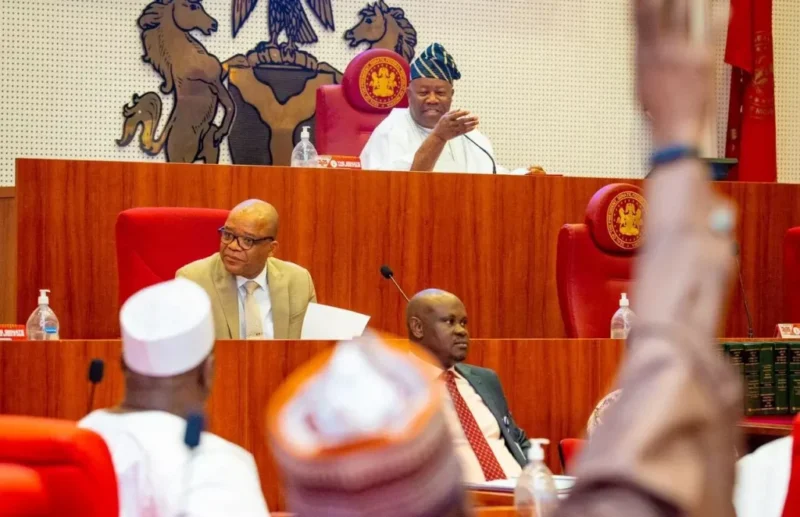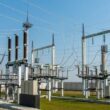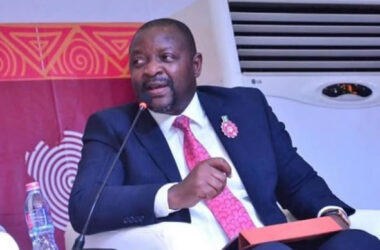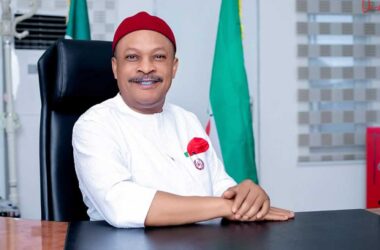Recent revelations regarding the earnings of Nigerian senators have triggered significant public outrage and calls for reform, as the monthly pay for 99 non-principal officers in the Senate has been revealed to exceed N2 billion. The news has reignited debate over the high cost of governance in Nigeria, particularly at a time when the country is grappling with widespread poverty and economic challenges.
This controversy was sparked by comments made by Senator Abdulrahman Kawu Sumaila, who represents Kano South Senatorial District in the 10th National Assembly. In an interview with BBC Hausa, Senator Kawu disclosed that he receives approximately N21 million each month as his running cost for office operations. This revelation has raised concerns over the financial burden placed on the country by its lawmakers and has led to questions about the allocation of resources in a nation struggling to provide basic services for its citizens.
According to Senator Kawu, his basic salary as a senator is less than N1 million per month, and after deductions, it amounts to about N600,000. However, the N21 million figure he disclosed is meant to cover office-related expenses such as domestic travel, purchase of daily newspapers, and other operational costs. He also noted that he does not have information on the exact earnings of the Senate’s principal officers, including the Senate President, Deputy Senate President, and the eight other principal officers who hold significant leadership positions within the upper chamber of Nigeria’s National Assembly.
The financial dealings of Nigeria’s lawmakers have long been a subject of controversy, with many accusing them of enjoying excessive privileges in a country where the majority of the population lives in poverty. Despite numerous calls for transparency, details about the salaries and allowances of lawmakers have remained largely obscured from public view. In the wake of Senator Kawu’s comments, many are questioning how much the top leadership of the Senate, including Senate President Godswill Akpabio and his deputies, actually earn each month.
This issue is not new in Nigeria. Past lawmakers, including Senator Shehu Sani, who served in the Senate from 2015 to 2019, have spoken out about the lavish salaries and allowances paid to federal lawmakers. Sani revealed that during his tenure, each senator received a monthly running cost of N13.5 million in addition to a base salary of N750,000. These figures have drawn widespread criticism, particularly as Nigeria remains one of the world’s poorest nations despite being rich in natural resources.
The revelations about the senators’ pay have sparked outrage across the country, with civil society organizations and social commentators condemning the high cost of governance. Executive Director of the Socio-Economic Rights and Accountability Project (SERAP), Adetokunbo Mumuni, expressed his concern over the situation, arguing that Nigeria operates one of the most expensive democracies in the world without achieving corresponding results. He urged lawmakers to reassess their earnings in light of the economic hardships facing the country.
“We cannot compare ourselves with any other nations in terms of the expenses incurred, whether annually or monthly. Legislators, especially senators, must reassess their earnings in line with the realities of the Nigerian nation,” Mumuni stated in a conversation with Daily Trust.
Mumuni pointed out the vast disparity between the earnings of Nigerian lawmakers and the average worker, highlighting that the new minimum wage of N70,000 for Nigerian workers pales in comparison to the N21 million received by senators for their office operations. This disparity, he argued, exacerbates social inequality and could lead to greater financial instability in the future if left unchecked.
Mark Amaza, Senior Communications Officer at Yiaga Africa, echoed Mumuni’s concerns, emphasizing the need for transparency and accountability in a democracy. He criticized the National Assembly for maintaining an opaque system regarding lawmakers’ earnings, which prevents Nigerians from understanding how their resources are being used. Amaza noted that after 25 years of democratic governance, the country still lacks clarity on the true earnings of its federal legislators.
Ibrahim Zikirullahi, Executive Director of the Resource Centre for Human Rights and Civic Education (CHRICED), also condemned the situation, calling it “unfortunate” that those entrusted with managing the nation’s resources seem indifferent to the needs of the people they represent. He highlighted the stark contrast between the lavish lifestyle of lawmakers and the harsh realities faced by millions of Nigerians who struggle to access basic necessities like healthcare, electricity, and education.
“At a time when the majority of Nigerians are suffering from multi-dimensional poverty and severe hunger, it is disheartening to learn that such vast amounts are being spent on just 109 lawmakers while millions lack basic amenities like roads, electricity, and water,” Zikirullahi said.










